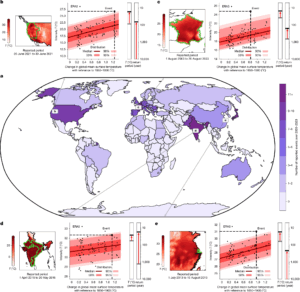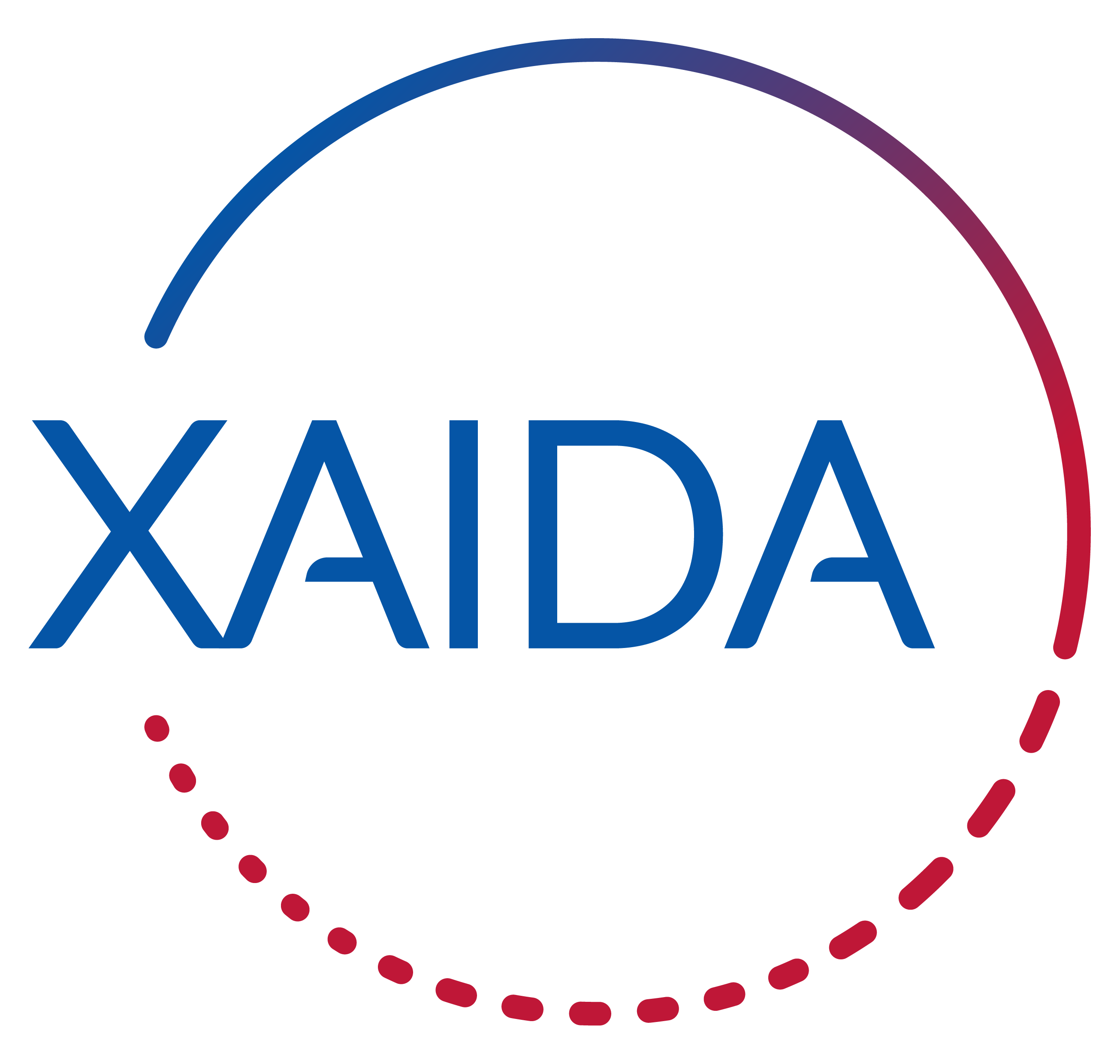Xaida, Presentation
Fifteen European research institutes are joining forces with climate risk practitioners to better assess and predict the influence of climate change on extreme weather using novel artificial intelligence methods. This new EU-funded 4-year project, called “XAIDA”, will start in September 2021.
Climate is changing fast, with losses and damages experienced in every region and every sector. However the awareness of this fact remains limited. Of particular relevance is how climate change modifies and enhances extreme weather events. During the last 5-10 years, a large number of extreme weather and climate events in Europe and worldwide have occurred, causing damage to infrastructure and casualties. This has raised the question about the role of climate change in altering the odds or the magnitude of a number of such events.
Often, extreme events provide insights on future climate conditions and their implications, but not all extremes are harbingers of the future. Thus, to be useful for adaptation, a causal link between events and human influence on climate must be scientifically established or refuted. While climate scientists have successfully assessed links between climate change and extremes like heat waves and heavy rainfall, it remains challenging to establish such links for many other types of events and to determine the connection to impacts of extreme events. Recently developed methods in artificial intelligence provide great potential to fill this gap, if different research communities come together and build new methodologies with a common goal, shared also with stakeholders, to adapt and lower risks for society.
XAIDA, a new EU-funded project starting in September 2021, brings together the interdisciplinary expertise of a research consortium of 15 universities and research organizations (Centre National de la Recherche Scientifique – IPSL, Vrije Universiteit Amsterdam, University of Oxford, Koninklijk Nederlands Meteorologisch Instituut, Met Office Hadley Centre, Max-Planck Gesellschaft, Universitat de València, University of Leipzig, Deutsches Zentrum für Luft- und Raumfahrt, ETH Zürich, Helmholtz Centre for Environmental Research, University of Reading, UNESCO – International Centre for Theoretical Physics, Office for Climate Education, Red Cross Red Crescent Climate Centre), led by CNRS-IPSL and VU Amsterdam.
This consortium gathers experts in machine learning, statistics and climate modeling. Together they will design new methods and apply them to recent high-impact events to examine links to climate change and predict if such events or more intense ones will occur in the future. They will foster dialogue with concerned stakeholders to prepare risk assessment and adaptation for similar future events, as well as develop material for teachers, for education of younger generations.
Archives

Climate Extremes & Societal Risks

Paper: Systematic attribution of heatwaves to the emissions of carbon majors


Une réponse